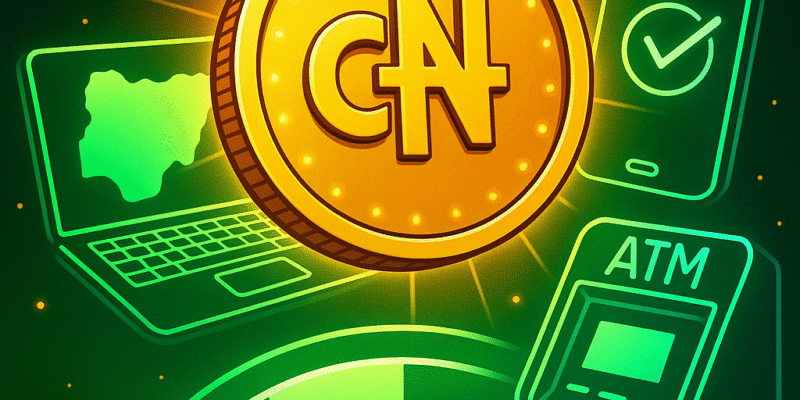The cNGN stablecoin adoption story is slowly but steadily unfolding across Nigeria’s fintech landscape. Once seen as a cautious experiment, the Central Bank-backed digital currency is now making its way to more platforms and exchanges. Yet, despite this progress, questions remain about how far it has really penetrated daily financial use.
Recent exchange listings have given the cNGN a noticeable boost. Platforms such as Quidax, Roqqu, and Busha now support trading and settlement in cNGN, enabling smoother conversions between naira and major cryptocurrencies. This expansion reflects a maturing digital finance ecosystem where regulated local stablecoins can coexist alongside international ones like USDT and USDC.
At its core, the cNGN was designed to bridge Nigeria’s traditional financial system with the emerging blockchain economy. It allows for faster settlements, transparent transactions, and a direct link to naira liquidity. For users and merchants already comfortable with crypto transactions, it offers a compliant way to store value without depending entirely on foreign-backed tokens.
However, cNGN stablecoin adoption still faces major obstacles. The rollout has been slower than expected, in part due to limited user education and the lingering effects of public distrust in digital financial projects. Many Nigerians remain more familiar with dollar-pegged stablecoins that already dominate P2P and remittance markets. In contrast, the cNGN’s use cases are still being defined, and its utility outside of exchange platforms remains modest.
Industry experts suggest that greater collaboration between banks, fintechs, and government agencies will be crucial for scaling adoption. Integrating cNGN payments into e-commerce platforms, digital payroll systems, and cross-border remittance channels could give it the everyday relevance it currently lacks. For now, its adoption is more symbolic of progress than a reflection of mass usage.
Despite these hurdles, momentum is slowly building. Developers and blockchain startups are beginning to experiment with cNGN rails in DeFi and tokenized payment solutions. The regulatory clarity around the currency gives it an edge that many unregulated tokens cannot match. In time, this could help Nigeria establish a foundation for a more resilient and inclusive digital money system.
The cNGN stablecoin adoption journey is far from over, but its growing presence on mainstream exchanges signals an important shift. As Nigeria continues to refine its crypto and fintech policies, the cNGN may yet become more than an experiment, it could be the model for how emerging economies redefine currency in the digital age.

Comments